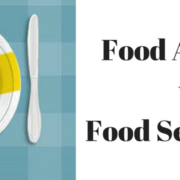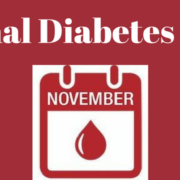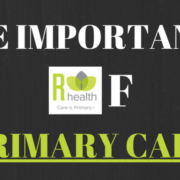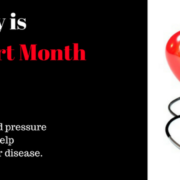Why do we react to foods?
Why do we react to foods? The most immediately serious reason is true food allergy. A food allergy is mediated by the fast-responding antibody IgE. It might result in an immediate and intense reaction, such as anaphylaxis. The most common symptoms include: tingling or itching in the mouth; hives; itching; and swelling of lips, face, tongue and throat or other parts of the body, among others. Treatment usually involves avoiding the culprit foods, using medications for reactions as needed, and possibly, desensitization through allergy shots.
Food sensitivities are less understood, but are thought to be a chronic, low-level reaction which can have a delayed response of one to three days after eating a triggering food. The most commonly associated symptoms are arthritis, IBS, migraines, asthma, eczema, and chronic fatigue. If you have symptoms, IgG/IgA testing or other immune response testing can be useful for confirmation, and can be the basis for an elimination diet that could improve your symptoms.
Cross-reactivity to environmental allergens involves foods with similar proteins as outdoor allergens. For example, if you have ragweed allergy you may also react to eating the melon family.
Celiac disease is an autoimmune response to gluten (found in wheat barley and rye). Treatment is a lifelong gluten-free diet.
Reactive hypoglycemia and post-prandial syndrome happen when insulin levels rise after a meal and trigger symptoms. Eating a balanced diet rich in protein, healthy fat and fiber, while avoiding high carb foods-especially refined carbohydrates or sugary drinks are first-line management.













Leave a Reply
Want to join the discussion?Feel free to contribute!